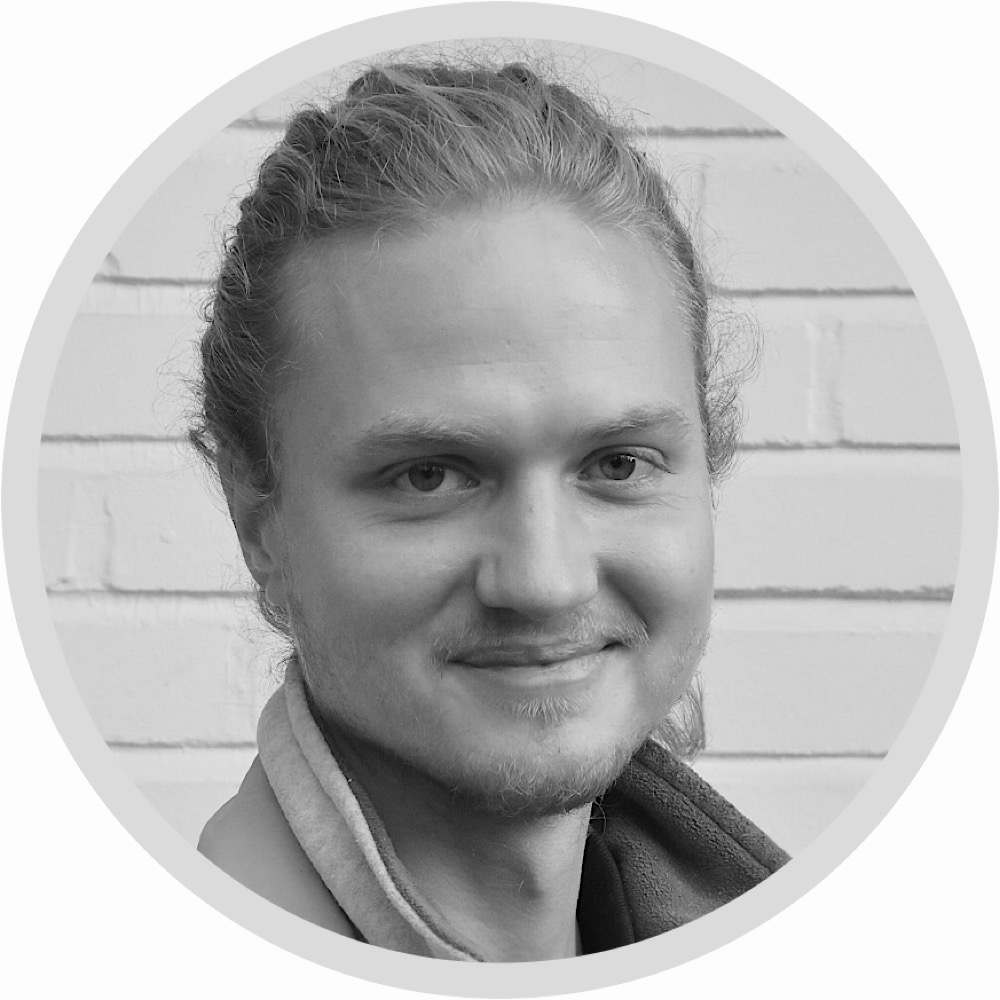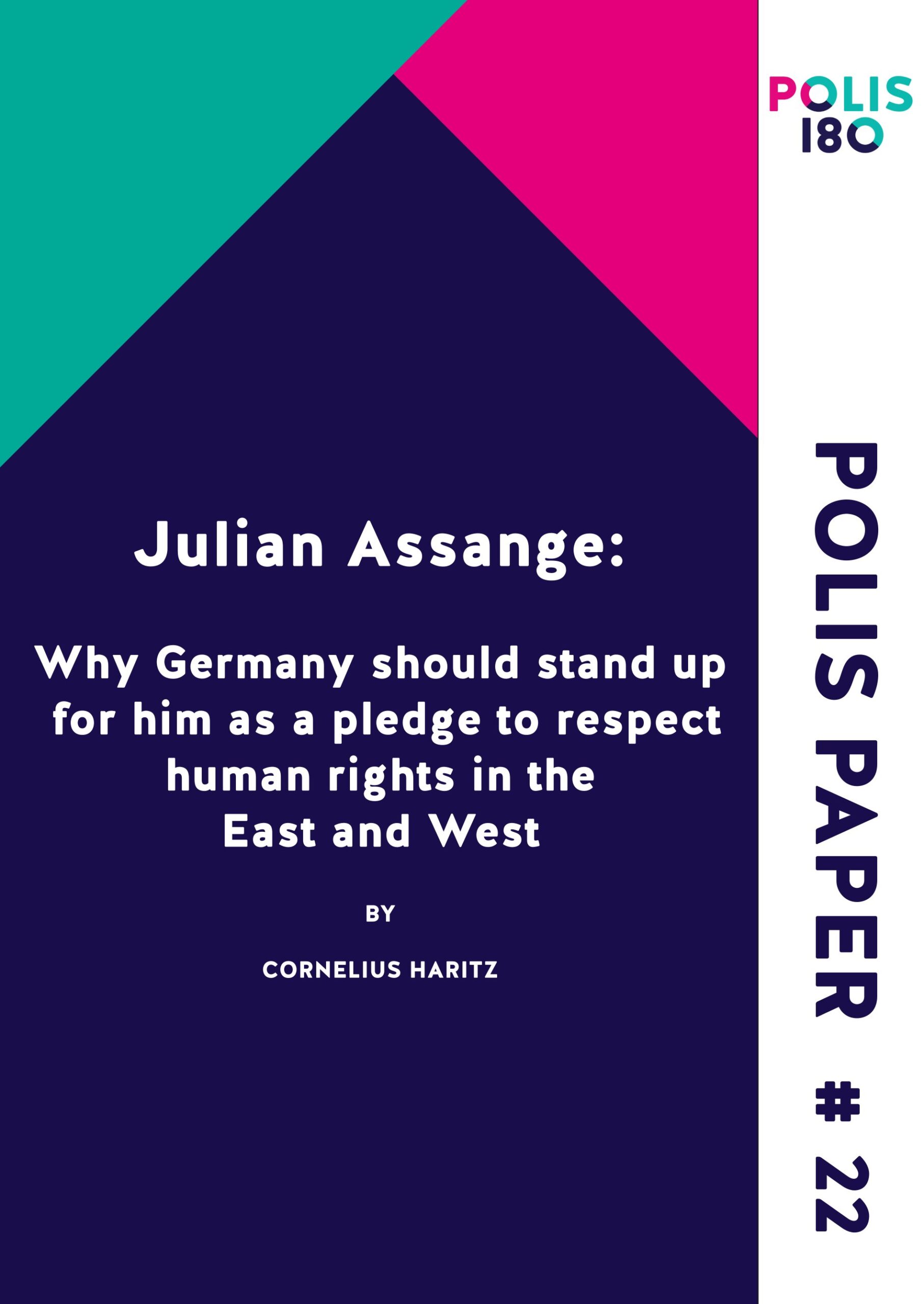by Cornelius Haritz
September 2023
Julian Assange, who disclosed to the world the gravity of U.S. human rights violations in the Middle East, has been deprived of his freedom for over eleven years now. First detained for rape charges, he is currently still fighting his extradition to the U.S. where he faces a prison sentence of up to 175 years for espionage. After his health status had drastically worsened, in 2019 then UN special rapporteur on torture Nils Melzer denounced the treatment of Assange as torture and his prosecution as an attack on liberal democracy. In this article, I argue that the German government should demand the end of Assange’s prosecution as it has both a normative and a strategic interest in his freedom. Normatively, the illegal Russian invasion of Ukraine has made it more important than ever to defend the concept of a rule-based international order and support dismantling of human rights violations everywhere in the world. Strategically, the German government would lend much greater credibility to their repeated commitment to human rights and underline this selling point in contrast to Russia or China for partners in the Global South. I start by drawing a brief timeline of Assange’s case, then summarize the most important results of the UN investigation. Against this backdrop, I outline the global political dimension of the case as well as strategic implications of a pledge for Assange. I close by showing that circumstances are currently favorable for pleading in favor of the West’s arguably most important dissident.
Bildquelle: pixbay.com

Cornelius Haritz studied Psychology and Peace Studies in Göttingen, Istanbul and Hamburg. He is currently a doctoral research at the German Institute for Global and Area Studies (GIGA) and is interested in varying conceptions of human rights, conflict transformation and peace around the world. Since December 2021 he is active in Polis180’s Peace and Conflict Program.
